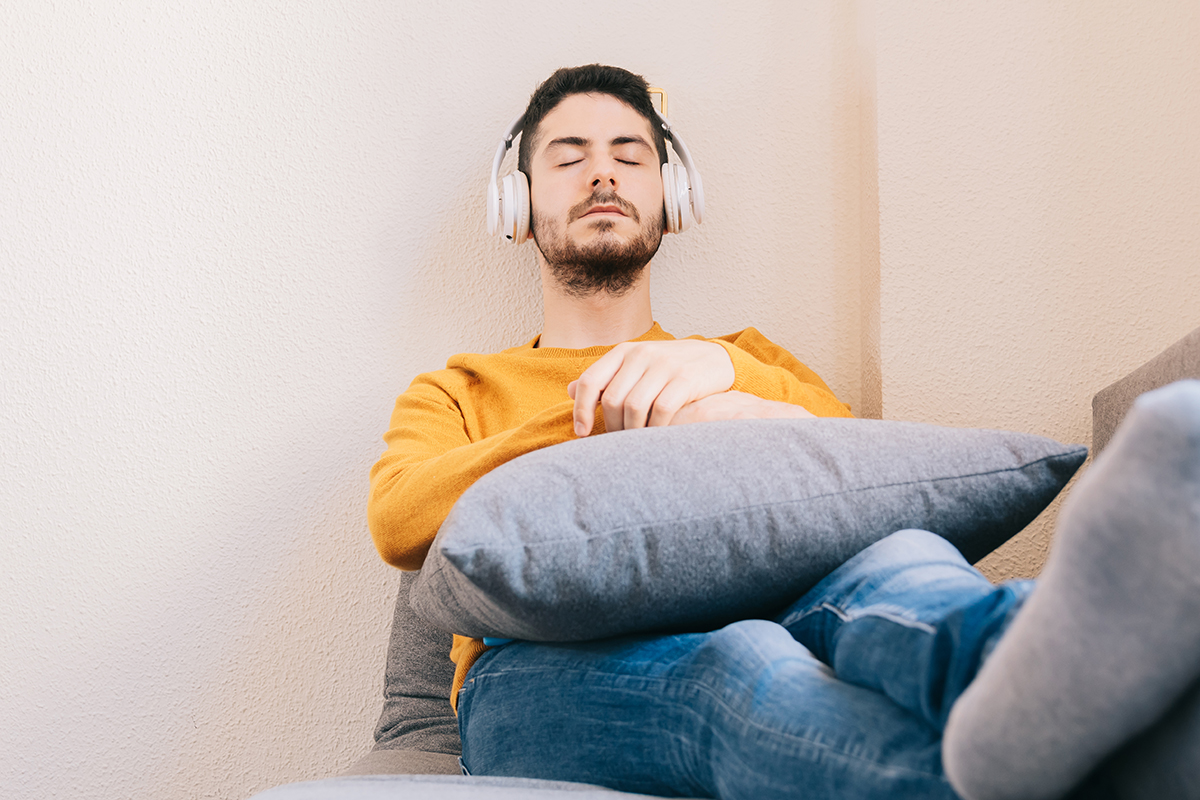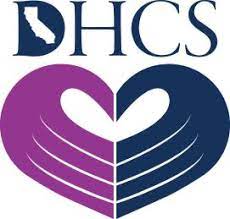There are a lot of treatment options designed to help with recovery from addiction. In many cases, addicts need to choose a treatment method that focuses on their needs and mind/body wellness to help encourage recovery. Music therapy has shown increasing results for many patients struggling with mental health disorders or addiction.
What is Holistic Therapy?
Holistic therapy is a treatment method that looks at the whole person rather than the addiction alone. It focuses on the mind and body connection as well as offering tools that can help patients stay in the moment and learn how to manage pain, depression, anxiety, and more. A holistic treatment style helps patients deal with underlying symptoms, conditions, and addiction.
What is Music Therapy?
Music therapy is typically used in conjunction with other treatment methods to help improve outcomes in a variety of settings. Music therapy uses music to help patients accomplish their goals. It may help:
- Articulate feelings
- Improve relaxation
- Fight depression
Music has also been successfully used to help decrease pain levels, which may help patients manage withdrawal or deal with significant physical or mental challenges.
Benefits of Music Therapy
Music therapy can bring several benefits to the table. There are many benefits to music therapy including:
Music Helps Decrease Tension
Listening to music can help reduce tension in the muscles. Muscle tension can create an increased perception of pain and anxiety levels. By listening to music, many patients can decrease those sensations of pain and anxiety, which may help them avoid relapse and handle symptoms more effectively. Music also has a positive impact on blood pressure and heart rate.
Music Opens the Doors to Conversation
In many cases, talking about music is a great way to begin a conversation about other, more complex topics. Patients may have different experiences with the music depending on what they listen to and what they may be struggling with in other areas of their lives. By starting the conversation with music, therapists can often find better ways to connect with their patients.
Music Can Help with Self-Expression
In many cases, patients can use music to express things they might struggle to communicate on their own. Music speaks to emotions and can evoke certain feelings. In many cases, patients who might otherwise struggle to articulate their feelings will find it easier to connect with therapists or family members through music. Music therapy gives patients a unique oppportunity to work on thie communication skills.
Music Therapy Can Help Decrease Agitation
Many people, amid the rehabilitation process, will struggle with high levels of agitation. Listening to music, however, can help soothe that agitation and create better overall outcomes. It can also prove helpful during the detox process.
Creative Expression Gives Patients Something Else to Focus On
In some cases, music can allow opportunities for more creative expression. Some patients will not just listen to music or discuss it but may also share their creative compositions. Those compositions can lead to enhanced feelings of purpose, which may benefit many patients struggling to rebuild their lives following addictive cycles.
Using Music Can Help Patients Self-Soothe
Many patients turn to drugs because they struggle with anxiety or trauma. They may not have self-soothing behaviors to help them accomplish the same goals. Music therapy programs, however, can help provide them with those skills and make it easier for them to soothe themselves. Often, patients will carry the skills used in music therapy beyond the therapy setting and use them as part of their ongoing coping mechanisms.
Different Techniques Used in Music Therapy
There are a variety of techniques and strategies used in music therapy that can help many patients cope with the challenges they are facing. Music therapists work with particiapants to identify personal challenges and how to incorporate music into effective therapy.
Creating or Improvising Music
Music speaks. Often, it speaks in a way that words alone cannot or allows for expression that the patient cannot otherwise manage. Through music therapy, many patients find that they can share information and emotions in a way that they might not be able to under other circumstances. Creative expression is also a great way to help patients step outside themselves and more openly share their experiences with others.
Learning to Play an Instrument
Learning to play an instrument for the first time takes considerable focus. That focus can help draw out patients who were previously struggling with addictive behaviors and give them something else to focus on. Playing an instrument can also be a healthy way to deal with triggers like anxiety, depression, or adverse events.
Dancing or Choreography
Moving to music is another excellent way to engage in personal expression, even while listening to someone else’s music. Many music therapists will encourage patients to move to the music, whether they dance to the songs presented or simply react to them and move through them. Dancing and choreography can serve as essential methods of creative expression.
Listening to Music
Simply listening to music can have a significant impact on the body. It can lead to reduced tension and anxiety as well as decreased feelings of depression. Furthermore, listening to music can help decrease symptoms of pain, including signs of withdrawal. Listening to music can be combined with meditation to maximize the effects.
Music-Assisted Relaxation Techniques
As part of a holistic treatment strategy, many therapists will use relaxation techniques to help patients deal with the symptoms they might be experiencing more effectively. Many of those techniques can be easier to use by listening to music. Music therapy sessions can also make those techniques more effective. Therapists may help guide patients through imagery and relaxation while listening.
Music therapy is rapidly growing in popularity due to its many proven benefits for both physical and mental health issues alike. It provides a safe space for individuals who are looking for relief from pain or other ailments without resorting to traditional medications or treatments.
Music therapy services encourage positive expression through the song which may lead to improved relationships with family members or peers depending on the circumstances surrounding each person’s unique case that would be analyzed by a professional music therapist.
All-in-all, a music therapy program could prove highly beneficial for those who are looking for alternative forms of healing since it has been proven that there is a therapeutic relationship between a music therapy session and a person with mental health issues.
Treatment at Bellagio
A Bellagio, we believe in a holistic treatment style that treats the entire patient rather than focusing on just the addiction. We not only help patients learn to cope with cravings, but we also offer strategies to help them stay in the moment, manage anxiety, and avoid triggering situations. We use yoga, exercise, meditation, music therapy, and other strategies to help provide our patients with comprehensive treatment.
Contact us to learn more about the support we can provide or to determine whether we are the right treatment center for your needs.






